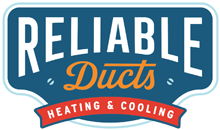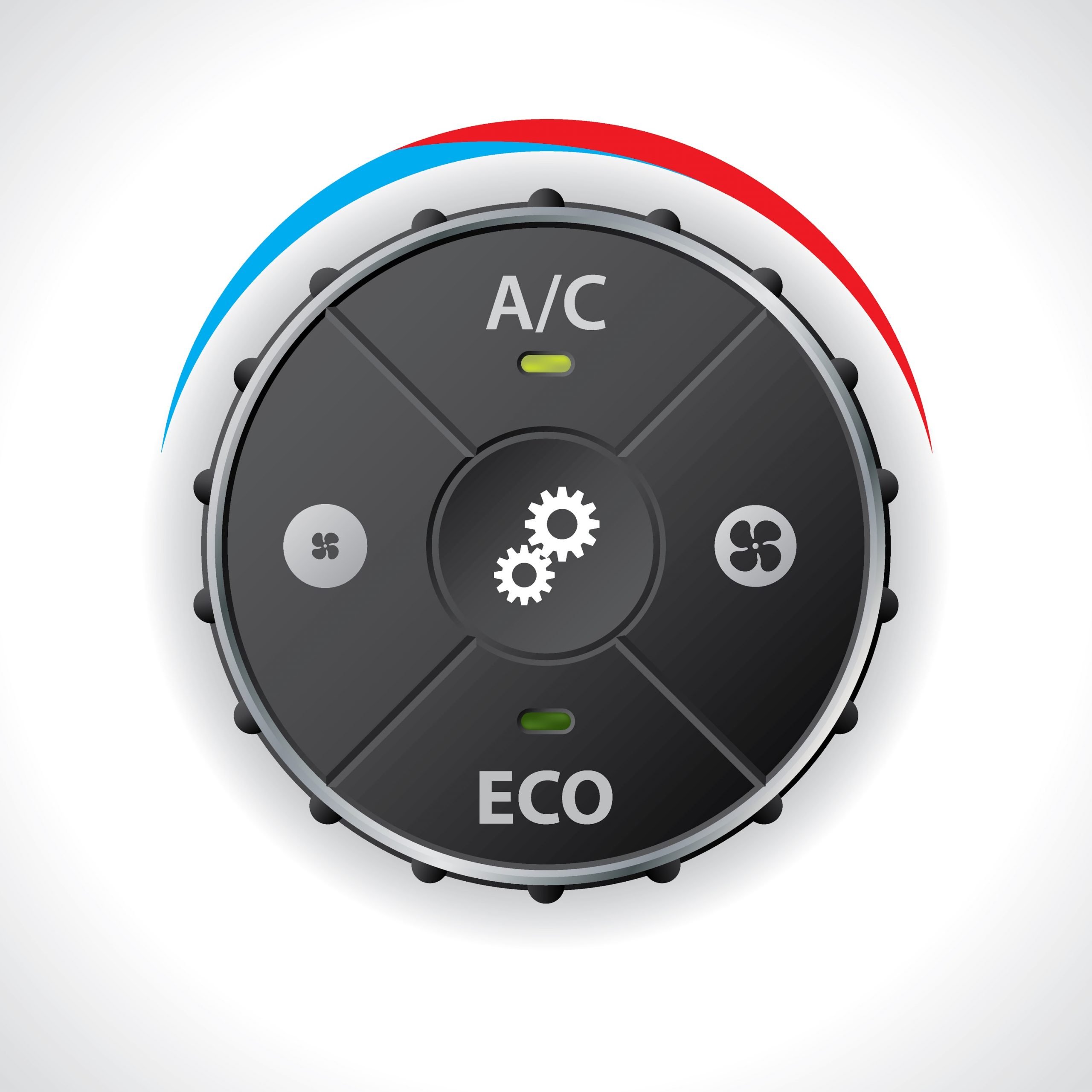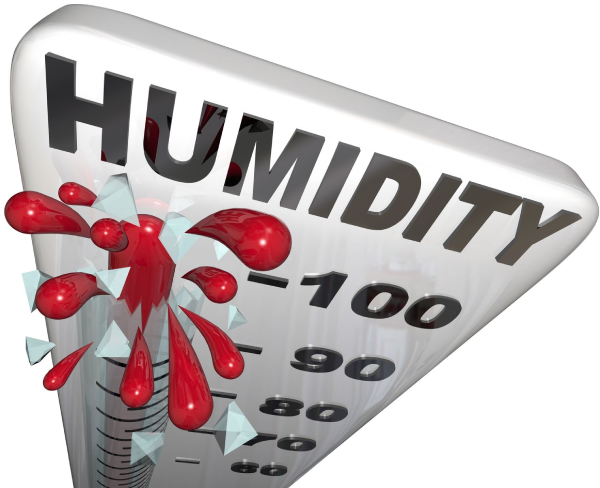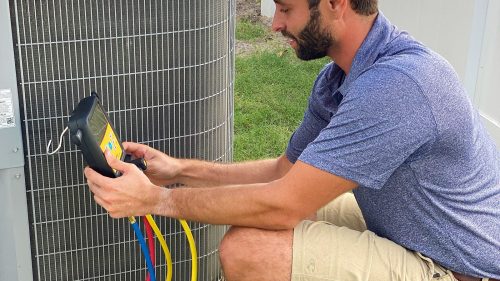The worst thing that can happen to any homeowner is the breakdown of their air conditioning unit in the middle of summer, especially when you are not financially prepared. Learning how to reset your AC will help you reboot it to correct glitches. Note that ACs contain a protection circuit breaker meant to prevent fire and explosion. In case of a blackout, your unit may fail to kick on immediately once power gets restored. In such a case, you need to reboot the system to restore its functionality. Also, if you set your AC to cool but it fails to blow in cool air, rebooting can sometimes help fix such an issue. Here are some ways you can reset your AC.
1. Use the Reset Button
The easiest way to reset an AC is by using the reset button. Most units have one, usually a small red button located on or around the AC body. It’s tiny to prevent it from being accidentally activated. If you can’t find it, read through the manufacturer’s manual, or do a quick online search for your brand. Once you find the button, long-press it for around three seconds, and observe whether your AC responds. If it doesn’t, check if there is power, then press the reset button once again for three more seconds. The AC should respond by beeping three times before it kicks on. If you don’t find the reset button, you may want to try another method.
2. Reset the AC Via the Power Point
If your unit doesn’t have a reset button, you will need to reboot it manually. However, this might take longer for your system to get back to work. Locate the power point. For a portable, window, or wall split system, it’s usually at the indoor unit. First, turn the power off for safety purposes. Next, remove the power cord from the electrical panel to ensure that the AC isn’t receiving any power. Leave it disconnected for about 20 to 30 minutes to allow all the charge to dissipate.
Once the time elapses, plug the AC to back to power, turn it on and see how it functions. If it still fails to work, unplug it again and plug in another appliance to the power point. If the device works, then the power point isn’t faulty, so try out another restarting method. However, if the device doesn’t work, then the power point has a problem, and you need to call a technician to fix it.
3. Use the Isolation Switch
Look for the isolation switch located by the outdoor unit. It has a shape similar to an inverted letter V with an on and off position. For older models, the isolation switch might be near the indoor unit. It looks like an ordinary light switch, so you will need to confirm this from the manufacturer’s manual. The primary role of the isolator is to disconnect the power supply to the unit when it detects unusual electric currents to reduce the risk of electrical problems.
Turn the isolator to the off position, then leave it for about 30 minutes. This is to allow the AC to reset and troubleshoot mechanical issues. After 30 minutes, turn the isolator on, switch on the AC and observe if it’s working as expected. If it still doesn’t work, you can try out the next method.
4. Reset the AC Via the Circuit Breaker
First, turn the AC’s thermostat to the off position, look for the shut-off button located on the unit and turn it off for safety purposes. Now find the circuit breaker box, usually in the basement, crawl spaces, or closet. Open the switchboard’s door to gain access. Your circuit breaker should have clear labels of each item on the circuit control, so look at it carefully. Look for the breaker linked to your AC and flip it to the off position. Wait for about 30 minutes, then turn the circuit breaker back on.
Note that some models have fuses. Once you open the switchboard door, you might need to remove a second cover to access the fuse. To reset the AC, pull out the fuse and fit it back after some time. Replace a damaged fuse with a new one, but if it’s still in working condition, you can refit it. Once you reinstall the fuse or turn the safety switch back on, set the thermostat to cool, turn your AC on, wait for it to cool, and observe whether it’s working well.
5. Seek Professional Assistance
After trying out all the solutions above and your AC still fails to restart, check if there is a power supply, and then call a professional to troubleshoot and fix the issue. Also, if your AC completely stops working after restarting it, have a professional examine it. You should never attempt to reboot the AC if it frequently malfunctions. This indicates the presence of an underlying issue that needs professional assessment.
If your AC cools your house slowly and it’s old, you don’t need to restart it. Instead, call a technician to service it, and if it still doesn’t work as expected, it might be time to replace it.
Additionally, if the breaker keeps tripping and you need to restart your AC multiple times, there is an issue that needs immediate attention. Continuing to run the AC at such a state will cause more damage to the interior components calling for expensive repairs and replacements.
You should never attempt to restart the AC if the switchboard panel has exposed wires. This will only put your safety and that of your loved ones at risk. Exposed wires can cause shock, electrocution, and even a fire breakout. Also, if you restart the unit, you might end up causing permanent damage, and you will replace the AC sooner than expected. In such a case, call a qualified technician immediately to address the issue.
Are You Having Trouble Restarting Your AC? Seek Professional Help
When your unit stops working, you shouldn’t just rush to call a technician while you can try resolving the issue by simply resetting. Restarting your AC can help solve minor mechanical problems and get your unit back to work. However, resetting your AC isn’t always the solution. If the above tricks don’t work, you could be dealing with a clogged air filter, low refrigerant level, frozen evaporator coils, fan problems, or leaking duct. In such a case, you need to call a professional to check the root of the problem. Regular AC maintenance will also help prevent such issues. During tune-ups, the technician will change or clean the filters, clean and inspect the coils, lubricate the moving parts, recharge the refrigerant and fix any loose electrical connections to ensure that the AC runs smoothly. They can also easily detect minor problems and resolve them before they escalate into significant issues.
If you have any questions concerning restarting your AC, get in touch with Reliable Ducts Heating & Cooling. We offer AC and heating systems installation, repair, and replacement services. We also deal with humidity control, duct cleaning, ventilation testing, duct repairs, and new construction services in Jacksonville, FL, and the nearby areas. Call our friendly team now to schedule an appointment.



